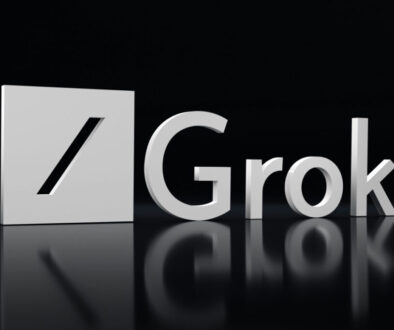Digital Services Act one year on
A year after the EU’s landmark Digital Services Act (DSA) began to apply, enforcement is in full swing. The European Commission has primarily scrutinized Meta and TikTok to ensure compliance with the DSA. A recent probe into X found the platform in breach of the DSA, with similar conclusions potentially forthcoming for Meta, Aliexpress, and TikTok. The Commission continues to designate new Very Large Online Platforms (VLOPs), recently adding XNXX to the list.
The DSA aims to empower and protect users online by mandating platforms to assess and mitigate systemic risks and enhance content moderation tools. Platforms must produce transparency reports and establish ad repositories. Telegram, with around 41 million monthly EU users, is expected to be designated as a VLOP in August, bringing it under the oversight of the Belgian national digital services coordinator.
The Commission has four formal investigations pending under the DSA: X, Meta, Aliexpress, and TikTok. X’s investigation focuses on content moderation and disinformation, while Meta faces scrutiny over deceptive advertisements and political content visibility. Aliexpress is under investigation for its measures against illegal content, and TikTok faces charges related to addictive design and incentivizing children through its TikTok Lite app.
Despite the DSA’s enforcement mechanisms, some member states have yet to appoint national coordinators to oversee rule implementation. Poland and Slovakia have not formally established regulators, prompting the Commission to start infringement procedures. National regulators are crucial for helping the Commission collect evidence on DSA implementation and ensuring uniform user rights across the EU.
Source: How has the Digital Services Act been enforced, one year on?



